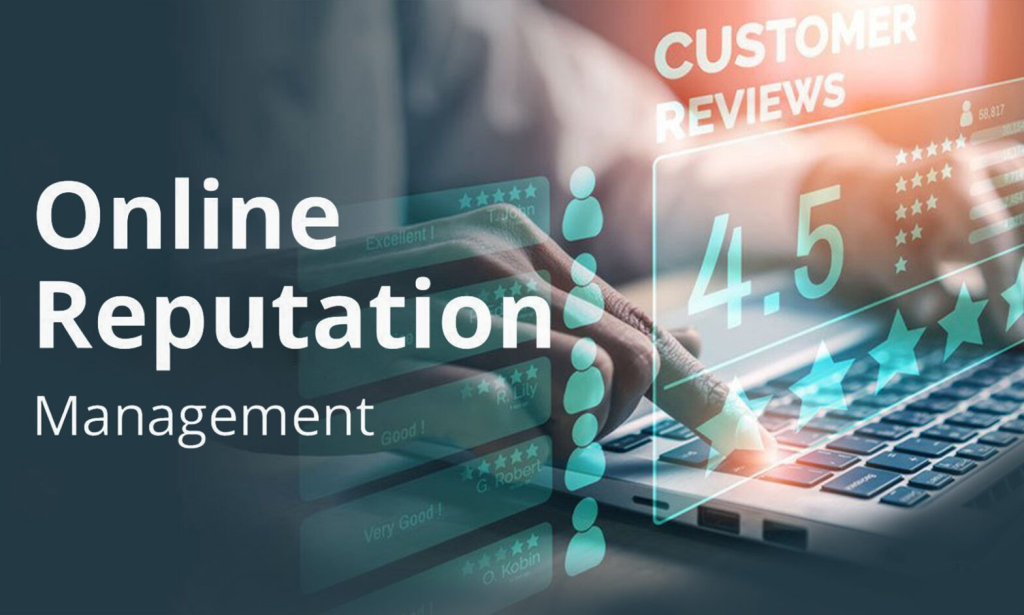In today’s digital age, an individual’s or brand’s online reputation has become one of the most crucial aspects of their success. With the rise of social media, review platforms, and online forums, information about a person or company can spread rapidly, influencing public perception and decision-making. As a result, effective online reputation management (ORM) has emerged as an essential practice for businesses and individuals alike, aiming to cultivate a positive image while mitigating negative feedback and misinformation.
Online reputation management involves actively monitoring and influencing how one is perceived in the digital landscape. From addressing customer reviews and engaging with followers on social media to creating valuable content that highlights strengths, ORM encompasses a wide range of strategies designed to protect and enhance reputation. In this article, we will explore the principles of online reputation management, share best practices, and discuss the benefits of maintaining a strong and favorable online presence in an increasingly connected world.
Strategies for Effective ORM
Implementing a robust online reputation management strategy involves several key practices. First, it is vital to monitor online conversations about your brand by utilizing tools that track mentions across various platforms. Responding promptly and professionally to both positive and negative feedback demonstrates that you value customer input and are committed to delivering excellent service. Additionally, creating and sharing high-quality content that showcases your expertise or highlights success stories can enhance your brand image. For organizations in specific regions, like those seeking online reputation management washington dc, local SEO strategies can also play a vital role in improving visibility and fostering a positive online narrative.

The Importance of a Positive Online Presence
Maintaining a favorable online presence is crucial for building trust and credibility with your audience. As consumers increasingly turn to the internet for information, a strong digital reputation can directly impact purchasing decisions. Brands with a positive online image are more likely to attract and retain customers, while negative reviews or misinformation can lead to loss of business and damage to reputation. Thus, investing time and resources into effective ORM practices not only protects your image but also contributes to long-term success and growth in the digital marketplace.
In conclusion, online reputation management is not merely a defensive measure but a proactive approach that enables individuals and brands to shape their narrative in an ever-evolving digital landscape. By actively engaging with audiences, addressing concerns, and consistently promoting positive content, entities can foster a resilient image that withstands the challenges of public scrutiny. Embracing ORM as a fundamental practice not only mitigates potential crises but also enhances customer loyalty and trust, ultimately driving sustainable growth and success. As the digital world continues to expand, prioritizing online reputation will remain essential for anyone looking to thrive in today’s competitive environment.
